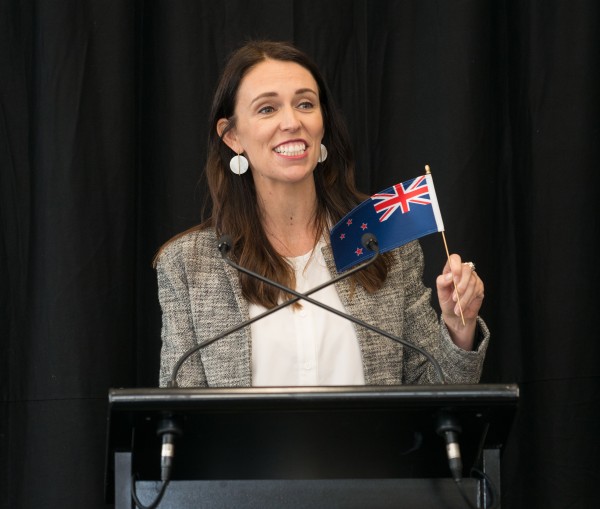A promotion can be a wonderful moment of pride. It’s a recognition of our capability, expertise and potential, but at the same time it can come with a challenge.
When managers are promoted into more senior roles, it often means moving away from the familiar, hands-on operational work and stepping into a more strategic approach.
The skills that got them the promotion like rolling up their sleeves and getting things done, need to make way for vision-setting and long term thinking.
Some managers make that transition smoothly though many need a little support. In my coaching practice, I would say that helping someone tap into more of the strategic side of themselves and let go of the operational, is one of the top reasons someone has reached out to work with me.
This transition can be uncomfortable and can have an impact on someone’s level of confidence. Operational work is a familiar place. It provides clear outcomes and a sense of control.
For many newly promoted leaders, stepping back from the day-to-day and trusting others to deliver can feel risky. The temptation to stay involved in the day-to-day where they feel competent and confident is strong. However, doing so not only limits their ability to grow into their new role, but also stifles the development of their direct reports. It’s a fine balance.
So what can I share here that others have found useful and how can coaching help?
One of the best tools is delegating effectively and strategically. This doesn’t mean abandoning oversight or standards. It means shifting focus from “doing” to “enabling.”
Senior leaders must empower their teams to own outcomes, make decisions, and learn from mistakes. This is not only essential for building a high-performing team, but also for freeing up the leader’s time and mental energy for higher-order thinking.
Coaching is a space for learning. Sharing some popular models to help people understand the different components of delegation, identifying personal blind spots and encouraging small steps to action in between the sessions help build the delegation muscle.
Becoming more strategic
Becoming more strategic involves understanding the bigger picture. Aligning your team with the organisation’s vision, anticipating challenges and building relationships with stakeholders.
Coaching provides a safe space to enable someone to do their best thinking. To talk through scenarios and risk assess. Deep listening, lots of questions and reflecting back from the coach will help the individual get clarity
Communication, trust and growth
Communicate, communicate, communicate. Clarifying expectations with your teams, being transparent and building trust comes through communication. It’s a non-negotiable skill that every senior leader needs in their leadership tool kit. Coaching, at its core is all about the art of communication and deepening both our professional and personal relationships.
Ultimately, moving into a senior role is about expanding impact. Letting go of operational tasks is a strategic decision that enables the entire organisation to grow. It’s what allows you, your team and your organisation to succeed.
If you’re stepping into this transition and want support along the way, coaching can help gaining fresh perspectives on how to lead at a higher level. I’d love to help.
“Denise had a mass of experience and knowledge and an innate ability to really read into what I was saying. I went into coaching thinking that she would give me the answers but actually what she did was ask great questions so I could generate my own ideas, develop my thinking and get to the solutions myself. I really enjoyed it and have really benefitted from her work. I feel a lot more confident in the vulnerability side of leadership and leading my teams through this rapid period of growth.”




